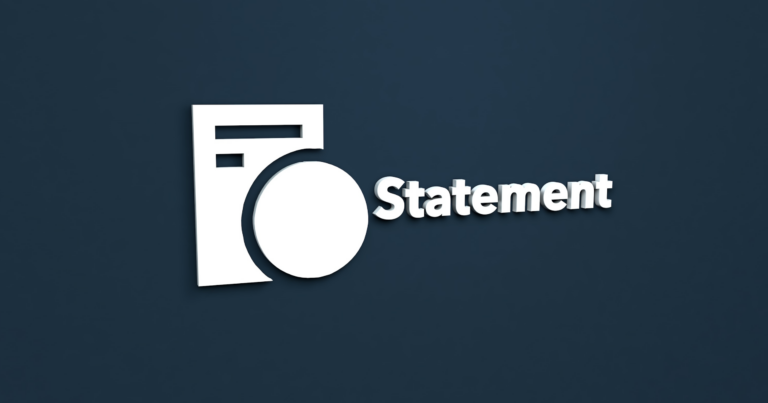The value of having a first class candidate experience to support the attraction and retention of key talent was one of the themes at June’s TREC 2016 conference. It is also an integral part of the Good Recruitment Campaign. One of the speakers at the conference was Adrian Wightman, UK Head of Resourcing for global energy group RWE, owners of leading UK supplier npower. Adrian is also an advisory panel member of the REC’s Good Recruitment Campaign. We spoke to him about the importance of finding out just how good your candidate experience is.
Whilst cost per hire remains a key metric for most resourcing teams, for Adrian there was also a keen desire to find out how well his team were performing in the area of experience, both from the viewpoint of candidates and hiring managers. They used surveys to try and understand if candidates were getting what they needed from the resourcing team and what experience they had when progressing with the hiring managers – “To find out if they were able to perform to their best at interview and if they were coming away with a great impression of the organisation” Adrian explained. It was also important to know if, regardless of the outcome of interviews, they wanted to come and work at RWE.
Questions were asked around the interview experience and quality of feedback given, and the answers were good, but Adrian felt they could only be properly judged by reference to how other companies were performing – “It’s the difference between doing a good job and making it an excellent job”. It was at this point that he heard about the Good Recruitment Campaign and believed that this could give him the chance to benchmark and speak with like-minded organisations, finding out how they were doing, and also to use the campaign principles to improve their experience.
The candidate experience feedback survey has now evolved from questions on the specific interview process to exploring the whole candidate lifecycle. They ask all candidates, regardless of interview outcome, questions about their experience of the candidate portal, whether the website had all the information they needed, the quality of their interactions with the resourcing team and hiring manager, and impressions of the overall environment. In other words, finding out if candidates are getting what they expected. There are also questions about the hiring manager interview, ascertaining if the candidate felt the questions appropriate to the role and whether they felt they got the opportunity to demonstrate their capabilities.
The answers have helped shape amendments to the overall recruitment lifecycle. Each candidate now receives a pack that provides them with all the links and information that they need to perform well, and to help with their decision on whether to join the company. Previously some of this information was stored in different locations and not always easy for a candidate on interview to pull together.
Additionally, an interview toolkit has now been put together for all hiring managers, helping to promote a consistent approach to the interviewing and appraisal of candidates. The regular feeding back of survey results to managers helps them think about the way they interview and how successful they are in selling opportunities to candidates. The observations of interviewees are crucial – “It’s naive to think that the interview process is a one-way street” Adrian told us.
A key factor in the success of using such an extensive survey is to not ask the questions purely at the end of the process, i.e. once the candidate knows if they have been successful or not. Instead they send on the same day of each month to all candidates in the recruitment process, so RWE gain an objective view of the process from candidates at all stages, which isn’t impacted by the success, or otherwise, of their application. In fact, the survey asks whether they would be interested in working for the organisation regardless of the outcome of interviewing.
For Adrian, candidate feedback is very important, but it is what the business does with it that is most important – “Sharing feedback with the person who interviewed will improve the experience of the next person interviewed. There’s no point having a survey unless it can be used to improve the experience for the next candidate”. Integral to this is the opportunity for benchmarking against other organisations that the Good Recruitment Campaign facilitates. The chance to join a group of people already sharing, find out what is working for them and also what you are doing well.
Adrian is in no doubt of the value that the Campaign provides – “It is important because it promotes best practice across the recruitment industry and the organisations involved in it. The value we have got from it is twofold. It’s given us the opportunity to compare our performance with other organisations, and it’s also given me the opportunity to learn and share best practice. We have been able to attend events where we have heard practical solutions that we can implement.”



